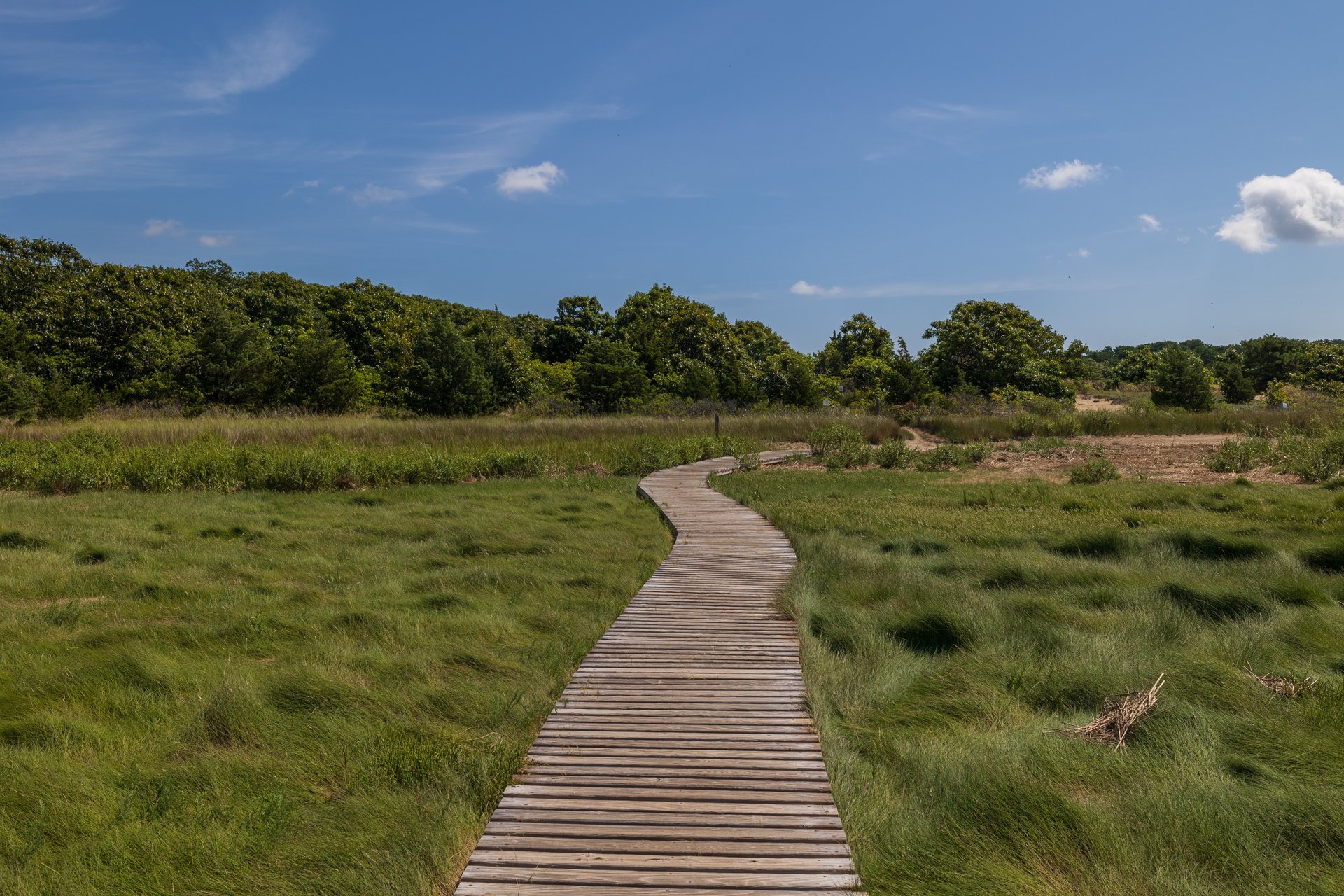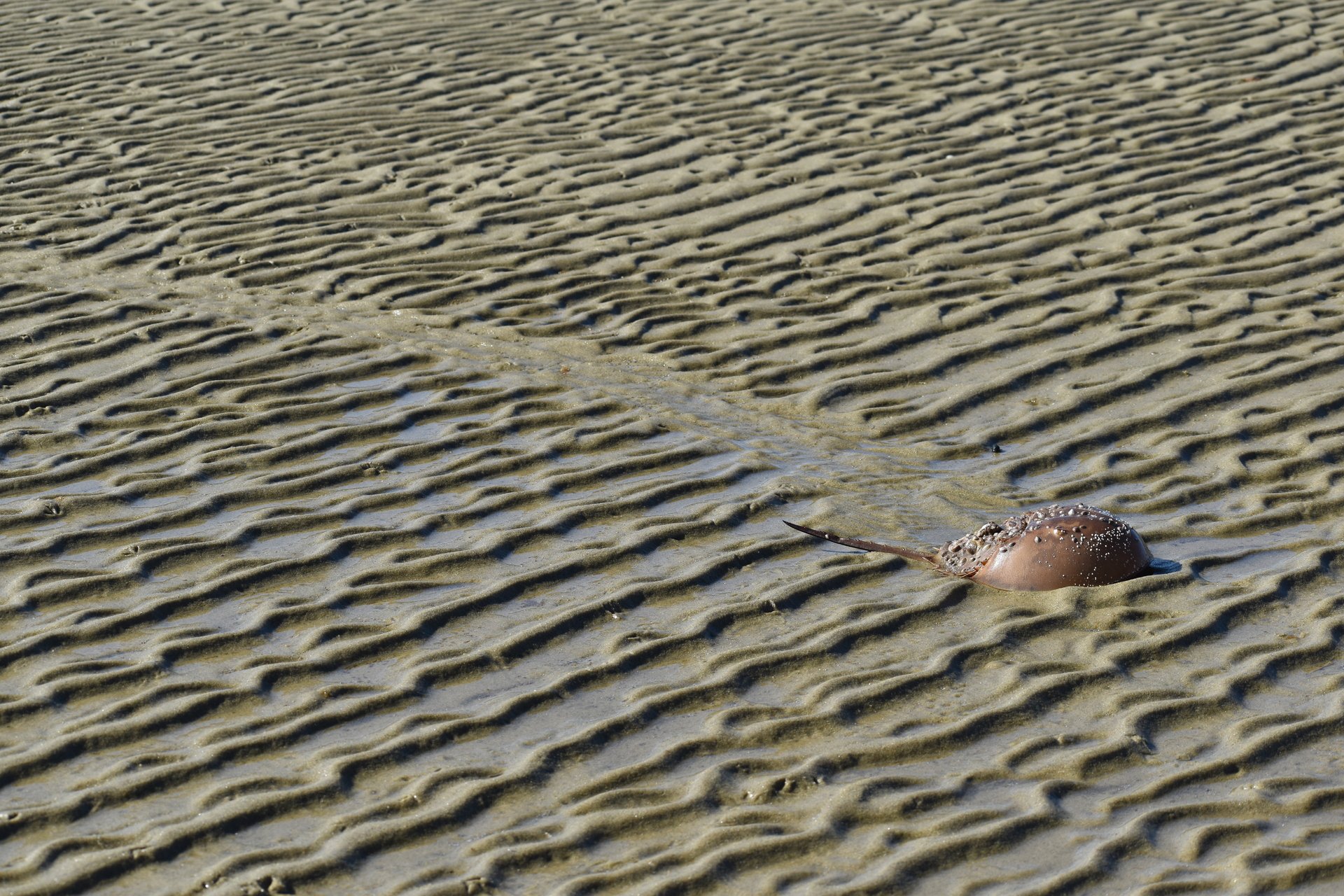Wellfleet Bay: Proposed Rules to Restrict Horseshoe Crab Harvest Rejected by State Advisory Commission
April 04, 2023
For over 20 years, Wellfleet Bay has studied and sought greater protections for our local horseshoe crab populations. Our annual horseshoe crab surveys have shown a consistently low number of crabs in Cape Cod Bay. This year, we pushed the Marine Fisheries Advisory Commission (MFAC) to implement a set of stronger protections for these ancient creatures. We just learned that the MFAC rejected these recommendations. We’ll need your help to change their minds
Proposed Spawning Protections Rejected
This spring, in response to advocacy from Mass Audubon, the state’s Division of Marine Fisheries proposed a new ban on harvesting horseshoe crabs from January through May. Despite over 1,300 letters of public support for the new rules, the state’s Marine Fisheries Advisory Commission, a politically appointed board made up entirely of commercial fishers, rejected the plan. They did enact other parts of the proposed regulations, including lowering the annual state quota for horseshoe crab bait harvest (from 165,000 to 140,000 crabs) and placing an annual quota of 200,000 for the two Cape Cod biomedical companies.
Why Harvest Horseshoe Crabs?
Horseshoe crabs are harvested, often while they are trying to spawn in spring, to use as bait to catch whelk, although the whelk fishery itself is classified by the DMF as “overfished.” Additionally, biomedical companies use a protein in horseshoe crab blood to ensure drugs and medical equipment are free of bacteria. These companies capture and bleed large crabs, which are often females, and return them to sea. Although biomedical harvesters claim this process is humane, published research shows up to 30% of crabs don’t survive the process.
Conservationists Disappointed
Mass Audubon’s expert wildlife scientists were surprised and disappointed by the MFAC’s failure to approve stronger protections for horseshoe crabs. “We are left to wonder what the point of the public comment process was,” says Wellfleet Bay science coordinator Mark Faherty, who has overseen the sanctuary’s horseshoe crab surveys for the past 15 years. "The Marine Fisheries Division received over 1,100 comments from Mass Audubon supporters in favor of conservation, and the MFAC, a body comprised entirely of commercial fishers, ignored them as well as the recommendations of the director.”
Mark also notes that Massachusetts lags behind other Atlantic coast states with tougher protections for horseshoe crabs. “New Jersey and South Carolina don’t allow any bait harvest, others protect them from harvest into mid-June, and a longstanding ban on harvesting of female crabs in the Delaware Bay states was recently upheld by the Atlantic States Marine Fisheries Commission. “In fact, even if this small increase in protections for spawning horseshoe crabs passed, Massachusetts still would have lagged behind all the other states,” he says.
The Ecological Importance of Horseshoe Crabs
Horseshoe crabs also play a crucial role in the lives of shorebirds, especially the endangered Red Knot, which depends on horseshoe crab eggs during spring migration, a journey that can cover more than 9,000 miles. “The only place left in Massachusetts where one can see enough horseshoe crab spawning to attract feeding shorebirds is Monomoy National Wildlife Refuge, where crabs are protected from all harvest and their spawning and nursery habitats are protected," Mark adds. Mass fishery regulators do not recognize the ecological importance of horseshoe crabs in their management the way other states do, nor do they factor in the huge past populations declines due to state and town sponsored horseshoe crab eradication programs in past decades.
What’s Next?
We want to thank the over 1,100 people who responded to our request for public comment on these proposed state regulations. We will continue to advocate for further improvements to the regulations. And we invite everyone interested in learning more about horseshoe crabs to register for June activities marking International Horseshoe Crab Day, including a free program to observe how Wellfleet Bay surveys and tags horseshoe crabs for research and an online talk by Mark Faherty about horseshoe crab natural history and conservation efforts.
Stay Connected
Don't miss a beat on all the ways you can get outdoors, celebrate nature, and get involved.




